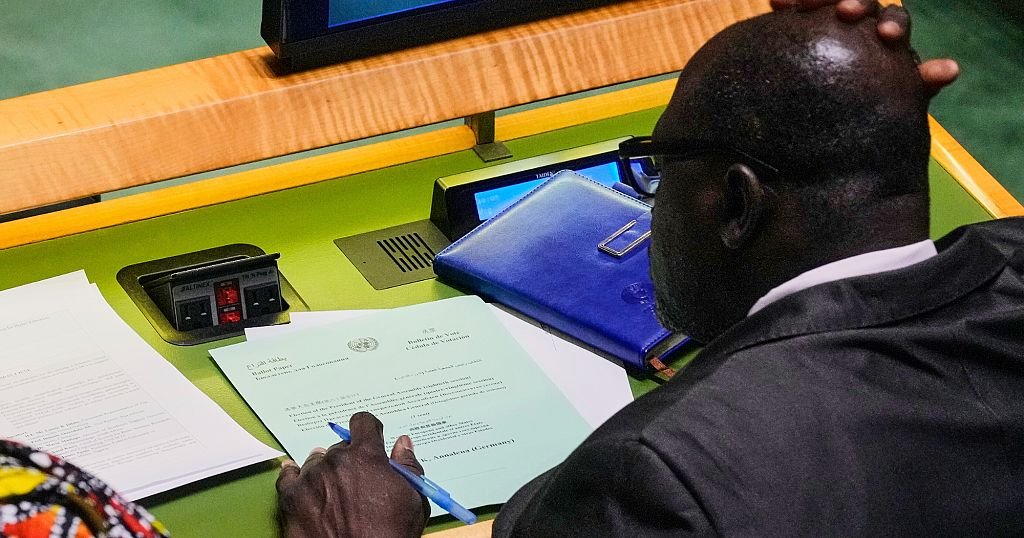Africa
DRC and Liberia elected to serve 2-year term on UN Security Council

A total of 188 United Nations Member States voted to elect Bahrain, Colombia, the Democratic Republic of the Congo, Latvia, and Liberia Tuesday to serve as non-permanent members of the UN Security Council on Tuesday.
The vote only required one round of balloting.
Representatives of the five nations will begin serving on the UN body responsible for maintaining international peace and security in January 2026 and continue their work through the end of 2027.
In the African and Asia-Pacific group, Bahrain received 186 votes, the Democratic Republic of the Congo (DRC) garnered 183 votes, and Liberia received 181 votes, with one country abstaining.
In the Eastern European group, Latvia received 178 votes while 10 countries abstained.
In the Latin America and the Caribbean group, Colombia received 180 votes, with 8 countries abstaining.
With the exception of Latvia, which will take a seat on the Council for the first time in its history, all the elected countries have previously served: Colombia seven times, the DRC twice, and Bahrain and Liberia once each.
‘Understanding of the challenges’
After the vote, representatives for the new Council members spoke to reporters.
Multiple representatives listed specific conflicts in the Middle East, Africa and Ukraine that they hope help resolve while serving on the Council.
The DRC’s Minister of Foreign Affairs, International Cooperation and Francophonie, Therese Kayikwamba Wagner said that her country will bring its experience of living through decades of war to the task.
“We will most certainly come to the Security Council bearing the experience of a country that knows what it is like to have decades of conflict, that has a thorough understanding of the challenges of peacekeeping operations and protection of civilians issues, as well as the convergence between conflict, natural resources and environmental changes,” Kayikwamba Wagner told reporters. “And this is the experience and expertise we wish to bring to the table, not to serve our own interests, but to serve the interests of humanity because we know that the situation in the DRC is not an individual or isolated one. We have a lot of crises around the world.”
Liberia’s Minister of Foreign Affairs, Sara Beysolow Nyanti, shared a unifying message, “We have gathered here as representatives of diverse cultures and perspective, but we are united in our shared purpose to forge a more just and equitable world,”.
